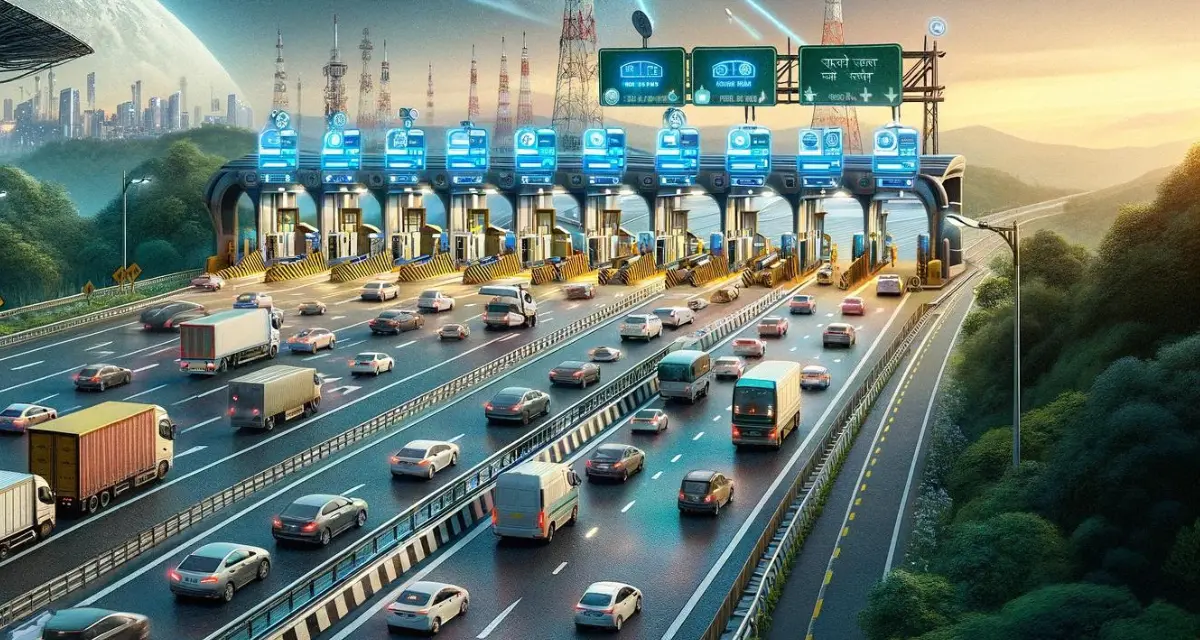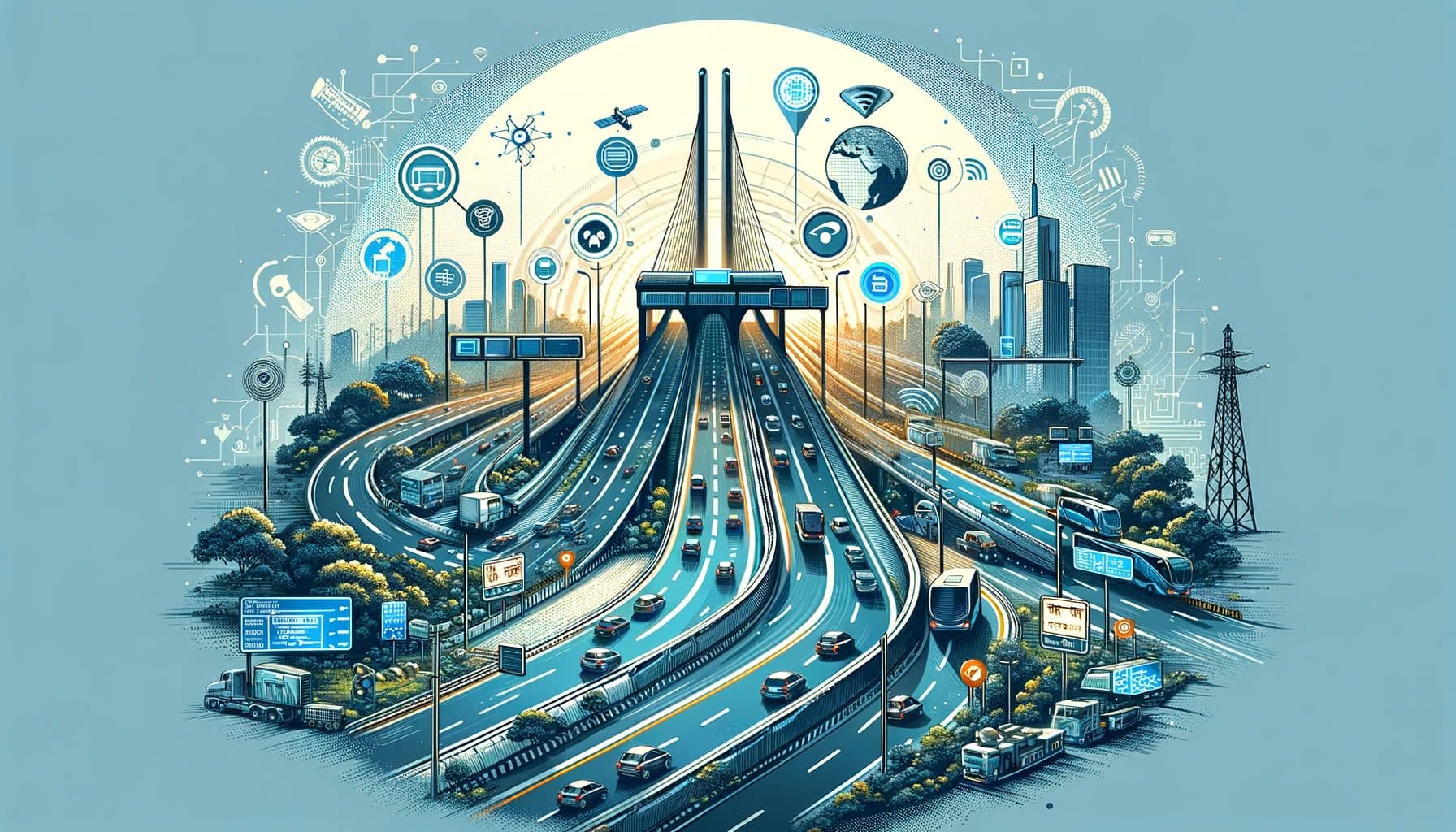The Union Minister of Road and Transport, Shri Nitin Gadkar, in his recent interviews, announced that India will soon do away with the existing physical toll systems. This landmark move comes after the announcement of the pilot project to test GPS-based toll collection on 5 highways (at first). A cutting-edge satellite tracking based toll collection system is being introduced which marks India’s step among the very few countries having this technology.
Using GPS technology to monitor cars and determine the distance driven, this innovative system will automatically deduct money from commuters' linked bank accounts according to their road usage. Using this new method, toll collectors should be able to save time and money for drivers all around the country. As per the Union Minister’s claim, previously it took 9 hours to take a journey from Mumbai to Pune. Post the implementation of this system on the highways and expressways, now the time has come down to just 2 hours, which is a very drastic decrease.
According to the IMF reports, currently India stands at the 127th rank in terms of mean speed at road, with just 58 km/h as the national average. If we see such drastic developments in the roadways and significant decrease in the movement times, we can easily climb our ranks under 100 by the time the next report comes.
This initiative is a part of the larger Bharatmala Pariyojna, a nationwide initiative aimed at developing approximately 26,000 kilometres of economic corridors. The introduction of state-of-the-art toll collection mechanisms aims at modernising India’s road network and infrastructure, so that we stand on par with the developed nations of the world.

Here are the key benefits of using such a toll collection system:
Efficiency: This does away the need to have physical toll plazas. This will, in turn, ease traffic congestion and flow, and facilitate in cutting down wait times.
Fairness: A just and equitable toll payment system that reflects road usage properly will be achieved by charging commuters solely for the distance travelled.
Technological Advancements: Utilising GPS technology, the new system signifies a notable advancement in technology, putting India at the vanguard of contemporary transportation infrastructure.
Cost Savings: Reduced travel times translate to significant cost savings for commuters, as well as potential economic benefits stemming from improved logistics and freight transportation.
While India is not the first country to introduce such a system, countries such as Germany, Russia and Slovakia have successfully implemented GPS-based toll collection systems. India has taken note of their case studies as well and the diplomatic relations have ensured both the transfer of knowledge as well as technology to a certain extent.
The initiative will have a transformative impact on the country's transportation landscape. The GPS-based toll collection system is a big step forward for India's efforts to modernise its infrastructure and promote sustainable development. It has improved connections, cut down on travel times, and make the process smoother.

